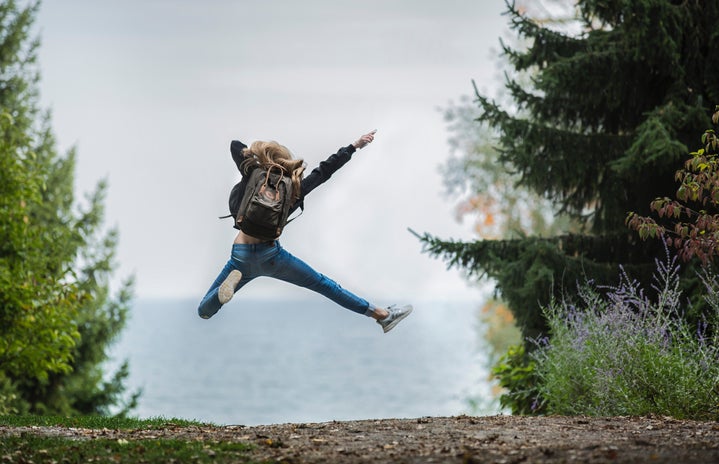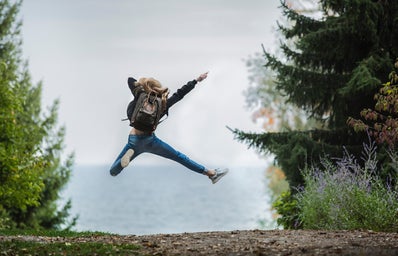On March 14th 2018, students across the country in all grade levels participated in #NationalWalkOutDay, the first of many walkouts dedicated to #NeverAgain movement. The #NeverAgain movement is centered on a call to action for stricter gun control and accessible mental health facilities in attempts to prevent mass shootings. #NationalWalkOutDay was sparked by the most recent of several mass shootings at a high school in Parkland, Florida. The walkout was scheduled to happen at 10 A.M in every timezone for 17 minutes in honor of the 17 lives lost at the Parkland shooting last February. Despite students eagerness to partake in the #NationalWalkOutDay many public schools handed out various punishments to students who partook in the walkout. According to BuzzFeed News, students were threatened with suspension and detention. Some schools went to extreme matters and locked students out of school after they participated in the walk out. Other extreme measures like safety drills were put into place at exactly 10 A.M to prevent students from leaving the building. Students have no say in current policies that are enforced nor policies that are being made, but yet as the youth of the country they are affected the most by them. With that being said, students only have the ability to make movements that pave a way for change and that should not be something that is taken away from them or something they are punished for.
Now, in accordance with the Civil Liberties Union, a nonprofit organization that works to protect individual rights, states that student’s first amendment right, like protesting, cannot be taken away from them. However, public schools do have the right to monitor this right as the expression of this right may go against school neutral policies or cause a disruption. A “disruption” can be put into different contexts at different schools, thus leading to the justification of certain public schools allowing or disallowing acts like #NationalWalkOutDay. The choice of punishment and support is left in the hands of each individual school and their school officials because by law students are required to be in school and attend their classes. Also, protesting can definitely be a distraction to students in school who decided to not participate in the protest. However, does a mere 17 minutes of protesting really cause harm to that extent? Although opinions on that may vary, there is an understanding of wanting to protect and enforce the education of students in public school. No administration wants students to lose out on valuable class time, but at the same time disallowing these students to partake in protesting can be even more of a distraction than a “disruption” brought on by protesting. The students did not partake in #NationalWalkOutDay to miss out on 17 minutes of class. They did it to take action. They are in fear of policies that can make their school the next headline involving a school shooting. They are concerned for their lives, their peers lives, and the lives of their teachers. Protesting is a way for them to express their fears and concerns and force people to take note of them in a peaceful manner. Despite the constructs in place supporting schools individual rights to suppress first amendment activity, more leniency should be put in place to allow students to freely express themselves. Public schooling is what we, as American citizens, depend on to educate the youth of our country. But, is preventing them from expressing themselves through their first amendment right a part of true education? Self-expression if anything teaches them their school is supportive of the little say they have in creating history and making a statement. Protesting creates education, it does not undermine it. With more walkouts planned up until the 24th of March, public schools should really take into consideration the serious influence they have on their students by preventing them from protesting an issue that they are the most affected by. After all, change cannot happen if there is no action and what these students need is an action to protect what really matters: their lives and their education.


